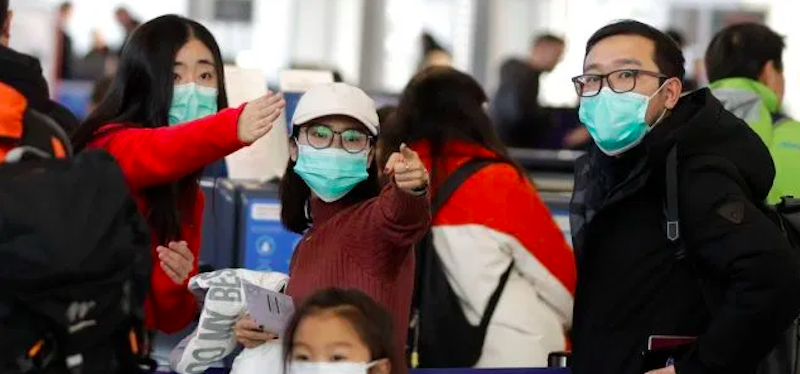As many parts of our country move away from lock-downs and Americans begin to go about our business, the question of whether to mask or not has moved nearer to the center of our national consciousness. While it might seem like donning a face covering is a relatively harmless trade-off for the chance to finally get our hair cut, they have instead become the latest points of conflict in our never-ending culture war.
Login to read more
Sign in or create a free account to access Subscriber-only content.
Topics:
